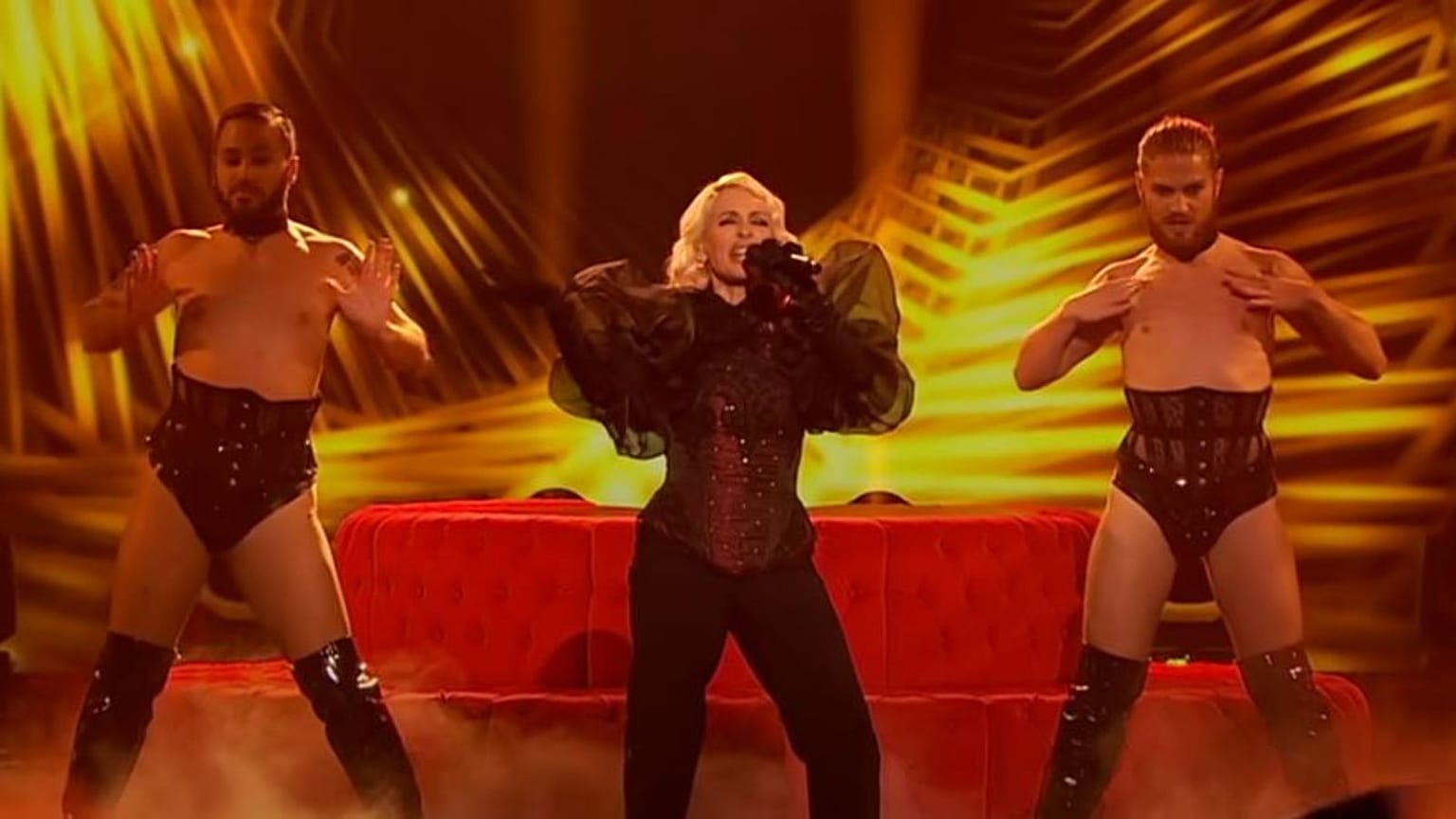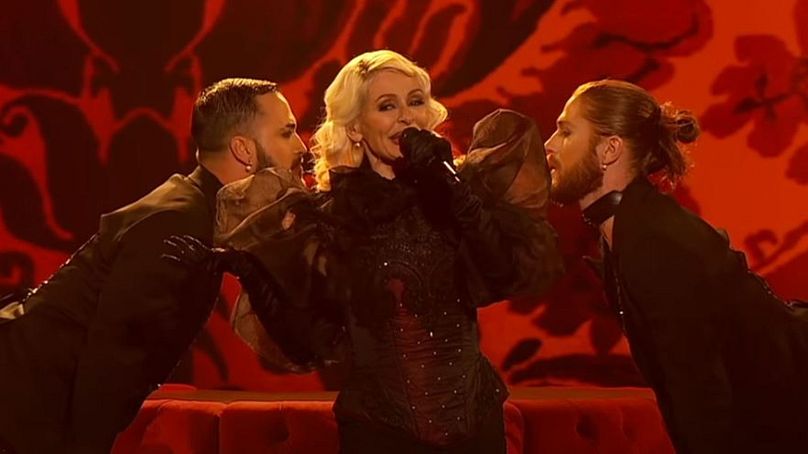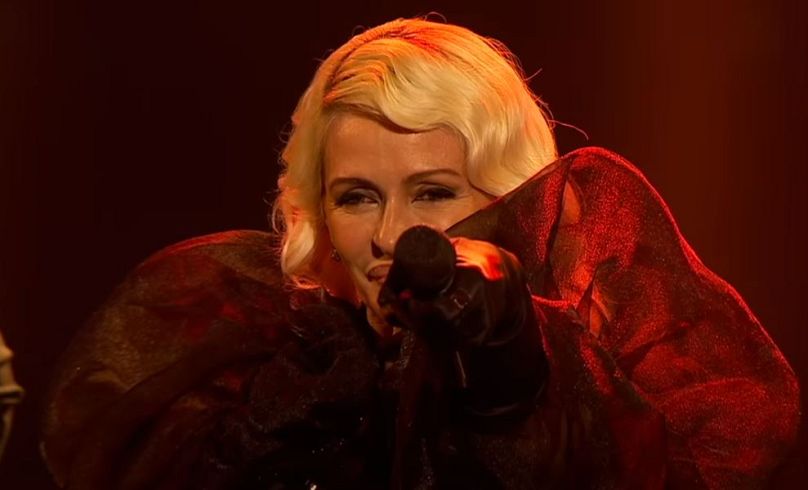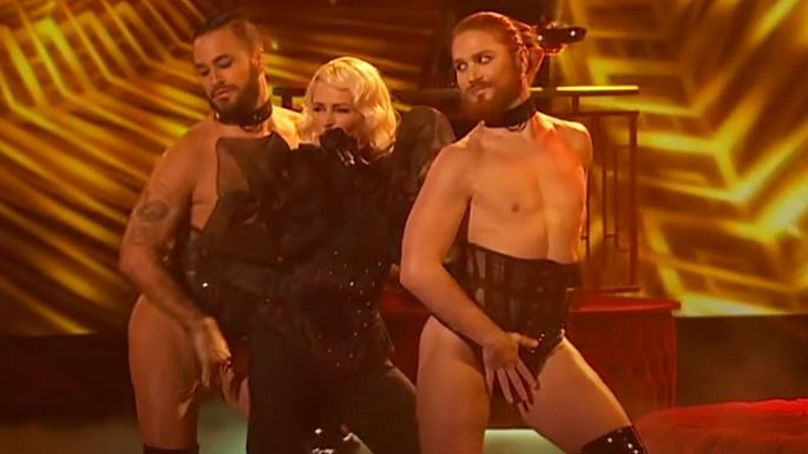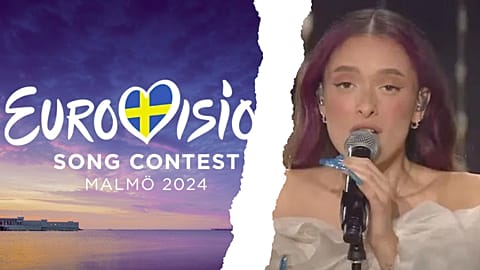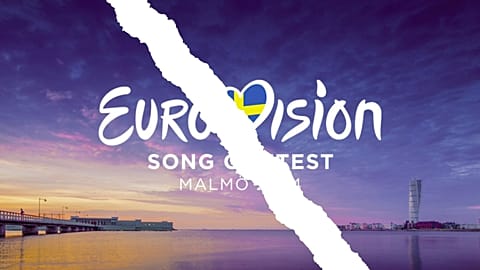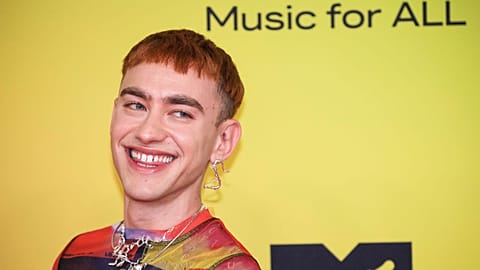Call a man a ‘zorro’, he’s a rascal. Call a woman ‘zorra’, she’s a slag. Warning: This article contains language some people may find offensive. Right from the start.
Every year, the Benidorm Fest is held to find Spain’s Eurovision entry, and millions tune in.
 ADVERTISEMENT
ADVERTISEMENT
 ADVERTISEMENT
ADVERTISEMENT
Eight acts perform in the final and are selected via a series of votes, including a jury and televoting by viewers at home. The winner then represents Spain at that year’s Eurovision Song Contest, which is being held in the Swedish city of Malmö.
This year, the Spanish dance electro pop group Nebulossa emerged victorious and will perform their hit ‘Zorra’ on 11 May at Eurovision.
So far, so scripted... Except that the song seems to have divided Spanish society, with many clutching their pearls in dismay.
You see, ‘zorra’ is the Spanish word for 'vixen', but it is almost always used as an insult, similar to ‘bitch’ or ‘slut’ in English.
It’s also worth noting that, predictably, there’s a sexist double standard at play. The masculine version of ‘zorra’ - ‘zorro’ - means ‘fox’, and lacks the derogatory connotation of the feminine version.
Call a man a ‘zorro’, he’s a sly rascal. Call a woman ‘zorra’, she’s a slag - the equivalent of a ‘puta’.
The fact that the song representing Spain this year is definitely referring to the insult often directed at women has caused a stir, leading many to question whether the tune should fly the Bandera de España come May.
For some, the song is a welcome anthem for the country’s feminist movement, a way to reclaim a word weaponised against women and a necessary missile aimed at outdated male chauvinistic rhetoric.
For others, it’s an unfit entry that is not worthy of representing the longest participating country at Eurovision, considering Spain has never withdrawn from the competition since 1961.
And then there are those who see it as another tiresome example of so-called “woke politics”.
The song clearly aims to reclaim the sexist term, with lead singer María Bas, 55, singing in the following lyrics:
Ya sé que soy solo una zorra
(I know I'm just a bitch)
Que mi pasado te devora
(That my past devours you)
Ya sé que soy la oveja negra
(I know I'm the black sheep)
La incomprendida, la de piedra
(The misunderstood, the one made of stone)
Ya sé que no soy quien tú quieres - Lo sé
(I know I'm not who you want - I know)
Entiendo que te desespere - Lo sé
(I understand that I despair you - I know)
Pero esta es mi naturaleza
(But this is my nature)
Cambiar por ti me da pereza
(Change for you makes me lazy)
(...)
Si salgo sola, soy la zorra
(If I go out alone, I'm the slut)
Si me divierto, la más zorra
(If I'm having fun, I'm the sluttiest)
Si alargo y se me hace de día
(If I go out and it's daylight)
Soy más zorra todavía
(I'm the sluttiest)
Cuando consigo lo que quiero - Zorra, zorra
(When I get what I want - Bitch, bitch)
Jamás es porque lo merezco - Zorra, zorra
(It's never because I deserve it - Bitch, bitch)
Y aunque me esté comiendo el mundo
(And even though I'm eating the world)
No se valora ni un segundo
(It's not valued for a second)
Spanish singer Ruth Lorenzo, who shot to fame on Britain’s X Factor, told Nebulossa at the Benidorm Fest that they were “making history”, telling lead singer Maria: “You are our Spanish Madonna and we are happy to discover you!”
Some were less convinced, and the controversy led Spanish Prime Minister Pedro Sánchez to weigh in on the matter.
He said that he liked the song and that “feminism is not only fair, it can be fun”.
“The ‘fascistsphere’ would have preferred for it to have been the Cara al Sol”, Sánchez added in response to right-wing critics, referring to the anthem of the Spanish falangist movement.
Still, even with that seal of approval, there was always the outside chance that Eurovision organisers wouldn’t accept the song if they deemed it includes “insults or language of an unacceptable nature”.
Thankfully, the European Broadcasting Union (EBU) confirmed that 'Zorra' would not have to undergo any lyric changes for the contest.
Their statement reads:
“The EBU understands that there are many interpretations of the title of the song presented by RTVE to represent Spain in this year’s Eurovision Song Contest. Taking into account its intended use in the context of the lyrics and message of the song, as explained to us by RTVE, we have concluded that the song is eligible to participate in this year’s contest."
María Eizaguirre, Head of Communication and Participation at RTVE, doubled down and explained at a press junket the day after the final of Benidorm Fest, that RTVE did not have any problem with the lyrics either: “It is very clear to us. If you look up the definition of the word in the dictionary of the Royal Spanish Academy (the regulator for the Spanish language), the definition is very clear."
She added: "To us, the lyrics of this song are completely in line with the current rules.”
Well, that’s that then.
We here at Euronews Culture will be cheering Nebulossa on – zorros be damned.
And just to get some of the ‘fascistsphere’ more riled up, here’s an image of María Bas smashing it while surrounded by two male dancers in corsets:
That should do the trick.
The Grand Final of the Eurovision Song Contest 2024 will take place in the Malmö Arena on Saturday 11 May, with Semi-Finals on Tuesday 7 and Thursday 9 May. Swedish broadcaster SVT, together with EBU, will organise the Contest thanks to Loreen's win in Liverpool in 2023.














